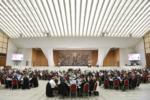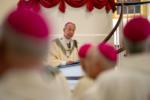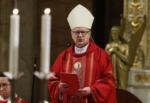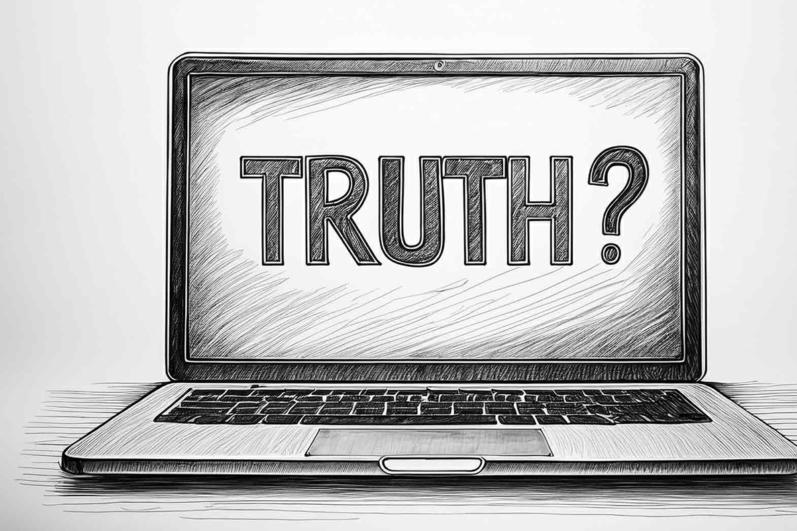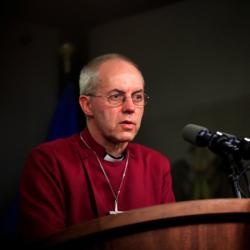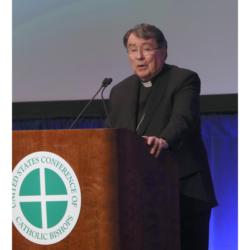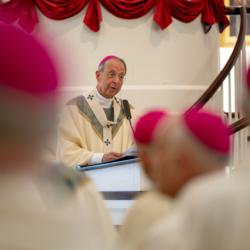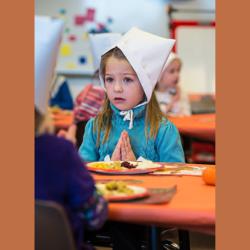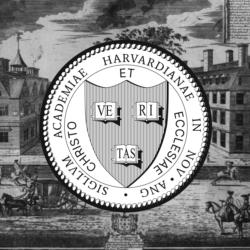What is truth?
The role of Catholic schools transcends mere academic instruction. It stands as a beacon of hope and a pillar of support for countless low-income families across our communities. As we reflect on the significance of these institutions, we are called to recognize not only their impact on individual lives but also their profound influence on the Catholic Church as a whole.
Catholic schools have long been a vital component of the church's mission to serve and educate. Rooted in faith and driven by a commitment to excellence, they offer more than just education; they provide a nurturing environment where values are instilled, and character is formed.
The importance of supporting Catholic schools cannot be overstated. These institutions often serve neighborhoods where public schools struggle with overcrowding, underfunding, and inadequate resources. Catholic Schools offer an alternative that prioritizes individualized attention, discipline, and a strong sense of community -- all within the framework of Catholic teachings. This holistic approach not only cultivates academic achievement but also fosters personal growth and resilience in students.
Supporting Catholic schools is also a matter of social justice. Many low-income families, despite their financial hardships, make tremendous sacrifices to send their children to these institutions. They view Catholic education as a pathway to a brighter future, offering opportunities that may otherwise be out of reach. Catholic Schools represent an opportunity for their children to receive a quality education infused with moral teachings and spiritual guidance. By investing in these schools, we affirm our commitment to social equity and acknowledge the inherent dignity of every person, regardless of their economic status.
Moreover, Catholic schools contribute to the broader community by producing graduates who are not only academically prepared but also morally grounded and socially responsible. These students often go on to become leaders in their professions and advocates for justice and compassion in society. Their formation in Catholic schools equips them with a sense of purpose and a commitment to serving others, reflecting the church's mission of charity and solidarity.
Catholic schools play a crucial role in preserving the identity and values of the church. They serve as incubators for future generations of Catholics, where the faith is not just taught but lived out daily. This immersion in Catholic teachings helps to strengthen the church's mission of evangelization and ensures the continuity of its traditions and beliefs.
I would whole-heartedly agree with every sentiment above, and it is why people support our work at the Catholic Schools Foundation. However, there is one important value of Catholic education that has not yet been discussed: critical thinking and the search for truth.
What is the truth? Would you know the truth if you saw it? What if I told you that every word written prior to the last paragraph was generated using artificial intelligence? Would that make you question your ability to know the truth and what is real?
I tossed a few phrases into a text box, and out popped an essay. Too often today, people pop a few phrases into a computer, and whatever is returned to them is considered fact. Ask about the presidential election, and whatever is returned is fact. Ask about the immigration crisis, see what is returned, and that is fact. Critical thinking and the search for truth has been replaced by instant, simple answers and a false sense of truth.
Catholic schools teach the truth of the resurrection and the need to live a life of reflection and to think critically. Never before in our history has it been more important to ask, what is the truth? This is what Catholic schools challenge students to do each day, and it is in the search of this truth that Catholic schools change lives.
- Michael B. Reardon is executive director of the Catholic Schools Foundation, www.CSFBoston.org.


